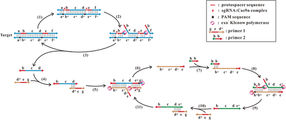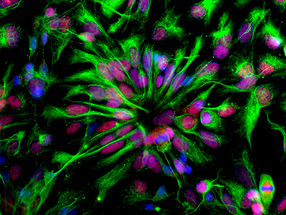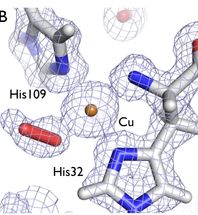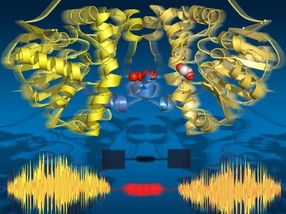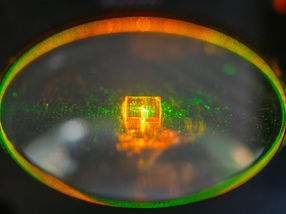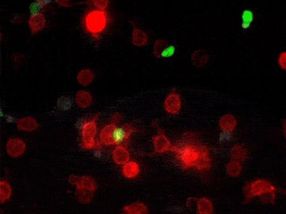First comprehensive test to detect genetic modification in food
As the abundance of genetically modified (GM) foods continues to grow, so does the demand for monitoring and labeling them. The genes of GM plants used for food are tweaked to make them more healthful or pest-resistant, but some consumers are wary of such changes. To help inform shoppers and enforce regulations, scientists are reporting in ACS’ journal Analytical Chemistry the first comprehensive method to detect genetic modifications in one convenient, accurate test.
Li-Tao Yang, Sheng-Ce Tao and colleagues note that by the end of 2012, farmers were growing GM crops on more than 420 million acres of land across 28 countries. That’s 100 times more than when commercialization began in 1996. But doubts persist about the potential effects on the environment and human health of these biotech crops, created by changing the plants’ genes to make them more healthful or more able to resist pests. In response, policymakers, particularly in Europe, have instituted regulations to monitor GM products. Although researchers have come up with many ways to detect genetic modification in crops, no single test existed to do a comprehensive scan, which is where Yang and Tao come in.
They developed a test they call “MACRO,” which stands for: multiplex amplification on a chip with readout on an oligo microarray. It combines two well-known genetic methods to flag about 97 percent of the known commercialized modifications, almost twice as many as other tests. It also can be easily expanded to include future genetically modified crops.
Most read news
Organizations
Other news from the department science

Get the analytics and lab tech industry in your inbox
By submitting this form you agree that LUMITOS AG will send you the newsletter(s) selected above by email. Your data will not be passed on to third parties. Your data will be stored and processed in accordance with our data protection regulations. LUMITOS may contact you by email for the purpose of advertising or market and opinion surveys. You can revoke your consent at any time without giving reasons to LUMITOS AG, Ernst-Augustin-Str. 2, 12489 Berlin, Germany or by e-mail at revoke@lumitos.com with effect for the future. In addition, each email contains a link to unsubscribe from the corresponding newsletter.





















